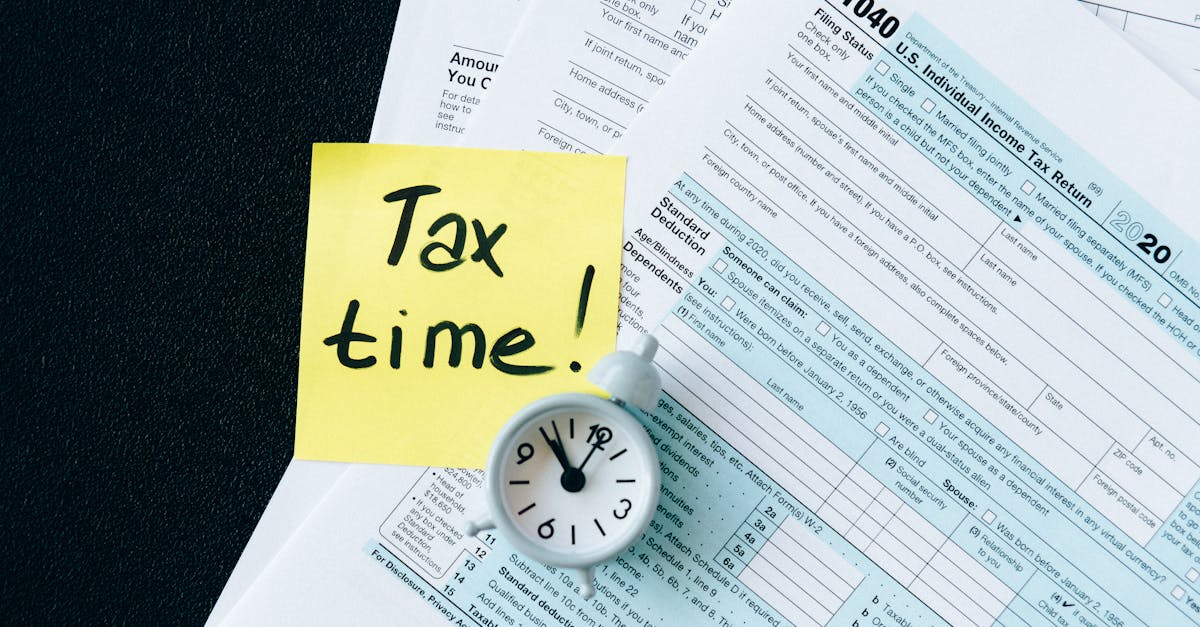Maximizing Your 401k Contributions
Introduction
Preparing for retirement is crucial in ensuring a financially secure future, and a 401k plan is one of the most effective tools to achieve this. Understanding how to maximize your 401k contributions can significantly impact your retirement savings. This article delves into actionable strategies to help you make the most of your 401k plan.
Advertisement
Understanding Your 401k Plan
A 401k is an employer-sponsored retirement savings plan that allows you to save a portion of your paycheck before taxes are taken out. Understanding the benefits and rules of your specific plan is the first step in maximizing contributions. Each 401k plan may offer different options, such as matching contributions or investment varieties, which can enhance your savings.

Kampus Production/Pexels
Advertisement
Participate Early and Consistently
Starting early and consistently contributing to your 401k plan can lead to significant growth over time due to compound interest. Even small contributions add up, given the time horizon. If possible, increase your contribution slightly each year, making it part of a consistent savings habit.

Miriam Alonso/Pexels
Advertisement
Take Advantage of Employer Matching
Employer matching is a critical advantage of many 401k plans. This is where your employer contributes a certain percentage to your 401k plan based on your own contributions. Ensure you're contributing enough to get the full match, as failing to do so is akin to leaving free money on the table.

Sora Shimazaki/Pexels
Advertisement
Maximize Annual Contribution Limits
The IRS sets annual limits on how much you can contribute to your 401k. For 2023, the limit is $22,500 for those under 50 and $30,000 for those 50 and older. Familiarize yourself with these limits and aim to maximize contributions where feasible. Doing so can significantly boost your retirement savings.

Nataliya Vaitkevich/Pexels
Advertisement
Boost Contributions with Bonuses and Raises
Whenever you receive a bonus or salary increase, consider allocating a portion of it to your 401k. It's an excellent opportunity to raise your contribution without affecting your take-home pay drastically. Automating such increases can make this strategy more manageable long-term.

Photo By: Kaboompics.com/Pexels
Advertisement
Understand the Tax Benefits
Besides bolstering your retirement fund, contributing to a 401k plan offers valuable tax benefits. Pre-tax 401k contributions reduce your taxable income, potentially placing you in a lower tax bracket. Additionally, earnings in the account are tax-deferred, meaning you'll only pay taxes upon withdrawal.

Jakub Zerdzicki/Pexels
Advertisement
Explore Post-Tax Contribution Options
Some 401k plans offer Roth options, allowing you to make contributions with after-tax income. While this means you won't see immediate tax advantages, withdrawals in retirement are tax-free. It can be a beneficial option for those expecting to be in a higher tax bracket during retirement.
Advertisement
Regularly Review and Adjust Contributions
It's crucial to regularly reassess your financial situation and adjust your 401k contributions accordingly. Life changes like career moves, family growth, or financial windfalls can impact your ability to save. Periodic reviews ensure your 401k remains aligned with your retirement goals.

Photo By: Kaboompics.com/Pexels
Advertisement
Conclusion
In conclusion, maximizing your 401k contributions is an integral part of a robust retirement strategy. With early participation, leveraging employer matching, and understanding tax implications, you're well on your way to a secure retirement. Start maximizing these contributions now to pave the way for future financial stability.

MART PRODUCTION/Pexels
Advertisement

